CINCINNATI, OHIO —
Supreme Court nominee Brett Kavanaugh has frequently supported giving the U.S. government wide latitude in the name of national security, including the secret collection of personal data from Americans.
It's a subject Democrats plan to grill Kavanaugh about during his confirmation hearings scheduled to begin next Tuesday. Beyond his writings as an appeals court judge, some senators suspect Kavanaugh was more involved in crafting counterterrorism policies during the George W. Bush administration than he has let on.
Kavanaugh stated in past congressional testimony that he wasn't involved in such provocative matters as warrantless surveillance and the treatment of enemy combatants in the years immediately after the Sept. 11, 2001, terrorist attacks.
But legal experts say he could shift the court on national security issues, if he is confirmed to replace retired Justice Anthony Kennedy.
Stephen Vladeck, a University of Texas law professor whose expertise includes national security and counterterrorism, cites opinions he says show Kavanaugh “is a lot less willing (than Kennedy) to look at international law as a relevant source of authority and constraint.” He said on matters such as Guantanamo detention, Kavanaugh is “much more deferential to the executive branch in this context than Kennedy would have been.”
Sen. Rob Portman, R-Ohio, calls Kavanaugh “incredibly well-qualified.” The former U.S. trade representative and White House budget director knows Kavanaugh from their time together in the Bush administration. He said Kavanaugh “believes strongly in the Constitution” and the Bill of Rights.
“I think he's in the mainstream with regard to these issues, and frankly, I don't think it's a difference with any meaning between where he is and where the court is currently,” Portman said.
Democrats facing an uphill battle in blocking Kavanaugh's nomination have focused less on his judicial counterterrorism record than whether he misled senators about his role in Bush policies while testifying in 2006 confirmation hearings.
Illinois Sen. Dick Durbin and Vermont Sen. Pat Leahy are among Democrats who want to see more records from Kavanaugh's White House days, saying news media accounts after he was seated on the U.S. Court of Appeals for the District of Columbia raised new questions.
White House spokesman Raj Shah said Durbin has been doing the misleading by taking Kavanaugh's answers out of context.
“As several colleagues have stated, and Judge Kavanaugh accurately said in his 2006 testimony, he was not involved in crafting legal policies that formed the rules governing detention of combatants,” Shah said in an emailed statement.
After meeting recently with Kavanaugh, Durbin said the judge “acknowledged that he was involved in conversations involving enemy combatants.”
Shah responded with a tweet saying Kavanaugh was truthful, and that the conversations Durbin referred to “were about public litigation, not the legal framework or policies that formed the rules governing detention of combatants.”
Kavanaugh's confirmation got past a potential obstacle when libertarian-leaning Sen. Rand Paul, R-Ky., endorsed him last month.
Paul had cited Kavanaugh's 2015 defense of the National Security Agency's widescale secret collection of telephone metadata — records of callers and recipients' phone numbers and times and durations of the calls. But after meeting with Kavanaugh, Paul said he's confident Kavanaugh will “carefully adhere to the Constitution and will take his job to protect individual liberty seriously.”
The NSA program didn't include capturing conversations themselves, and Kavanaugh wrote that it served “a critically important special need — preventing terrorist attacks on the United States ... In my view, that critical national security need outweighs the impact on privacy occasioned by this program.”
Larry Klayman, founder of the conservative group Freedom Watch and lead plaintiff in the NSA case, said Kavanaugh approved what a U.S. district court judge had called government use of “almost Orwellian technology.”
Kavanaugh defended the NSA program in an opinion attached to a procedural ruling in which he and his colleagues agreed not to rehear the case, so there was no pressing need for him to weigh in.
University of Louisville law professor Justin Walker, a former Kavanaugh clerk, said that's not unusual for the judge. For example, Kavanaugh added his opinion to a procedural ruling in a case that led to a Supreme Court decision for a drug suspect who had a police-placed GPS tracker on his car.
The high court found in USA vs. Antoine Jones that Jones' Fourth Amendment rights were violated, with a majority opinion that incorporated Kavanaugh's observation that police intruded on the defendant's personal property: his car.
“I've been surprised that his one short opinion (in Klayman) has not been seen in a broader context with more perspective,” Walker said, adding that when senators study Kavanaugh's complete record on civil liberties, “they're going to like what they see.”
But Cindy Cohn, executive director of the Electronic Frontier Foundation, a San Francisco-based organization dedicated to digital privacy rights, worries that “he has a very broad view of the government's ability to do mass surveillance and specifically in the context where the government is claiming national security.”
Cohn has pursued a lawsuit alleging illegal NSA surveillance of “millions of ordinary Americans,” among cases she said could eventually reach the Supreme Court. She questions whether Kavanaugh supports “real checks and balances on the power of the executive branch” on privacy issues.
Kavanaugh discussed judicial restraint on national security in an 87-page 2010 opinion. That one went against a Yemeni citizen U.S. forces captured in Afghanistan.
“Put simply, Congress knows how to limit the executive's authority in national security and foreign policy; there is no reason or basis for courts to strain to do so absent such congressional direction,” Kavanaugh wrote.
Vladeck pointed to such cases as Kavanaugh's 2011 ruling for turning over a U.S. citizen linked to al-Qaida terrorism in Iraq to Iraqi authorities the man said were likely to torture him, and in 2009 joining in a 2-1 vote against plaintiffs who wanted to sue private contractors they accused of beatings, dog attacks and other abuse at the notorious Abu Ghraib prison in Iraq.
There are still 40 detainees at the Guantanamo Bay, Cuba, U.S. naval base, with the possibility of more.
In a 2013 lecture, Kavanaugh talked about his appeals court's rulings in cases involving Guantanamo detainees and counterterrorism, saying he disagreed with people who believed “the courts should be creating new rules to constrain the executive — that this new kind of war requires new rules created by the courts.”
“He's incredibly smart; he's a thoughtful and thorough judge,” said Vladeck. “He just has pretty exceptionally conservative views about the role of the federal courts in the kinds of cases that I work on.”
Let's block ads! (Why?)
Read More Top Court Nominee's Support for Surveilling Americans Raises Concern : https://ift.tt/2oip7kg
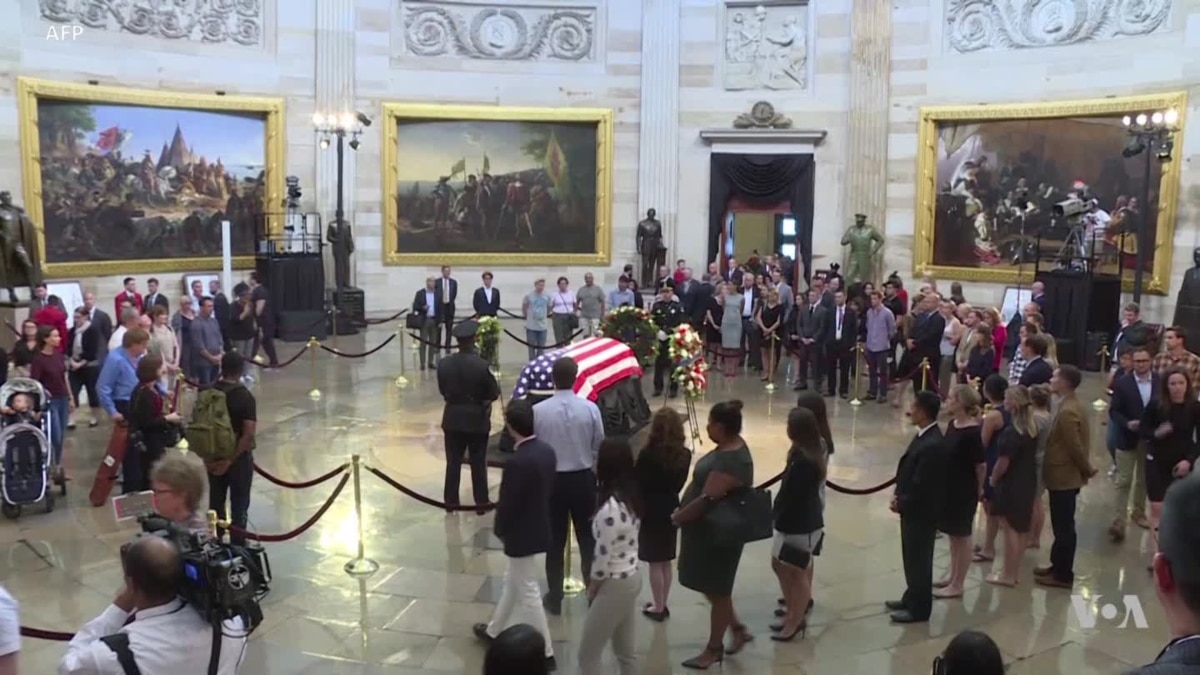


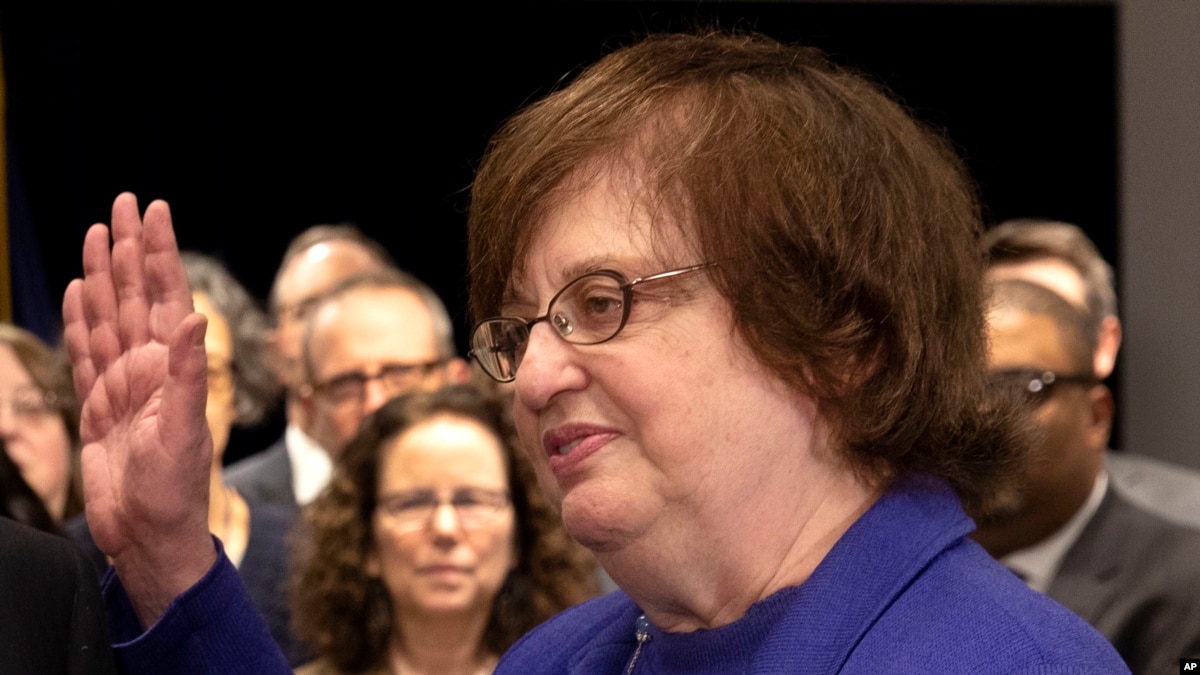
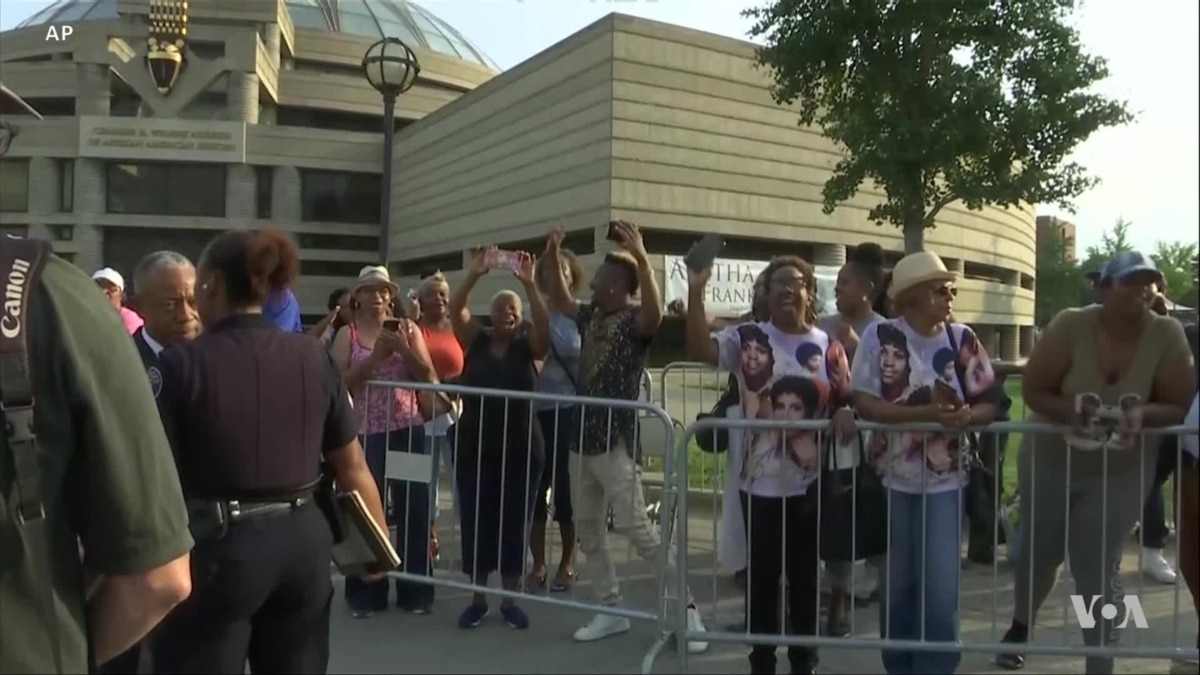
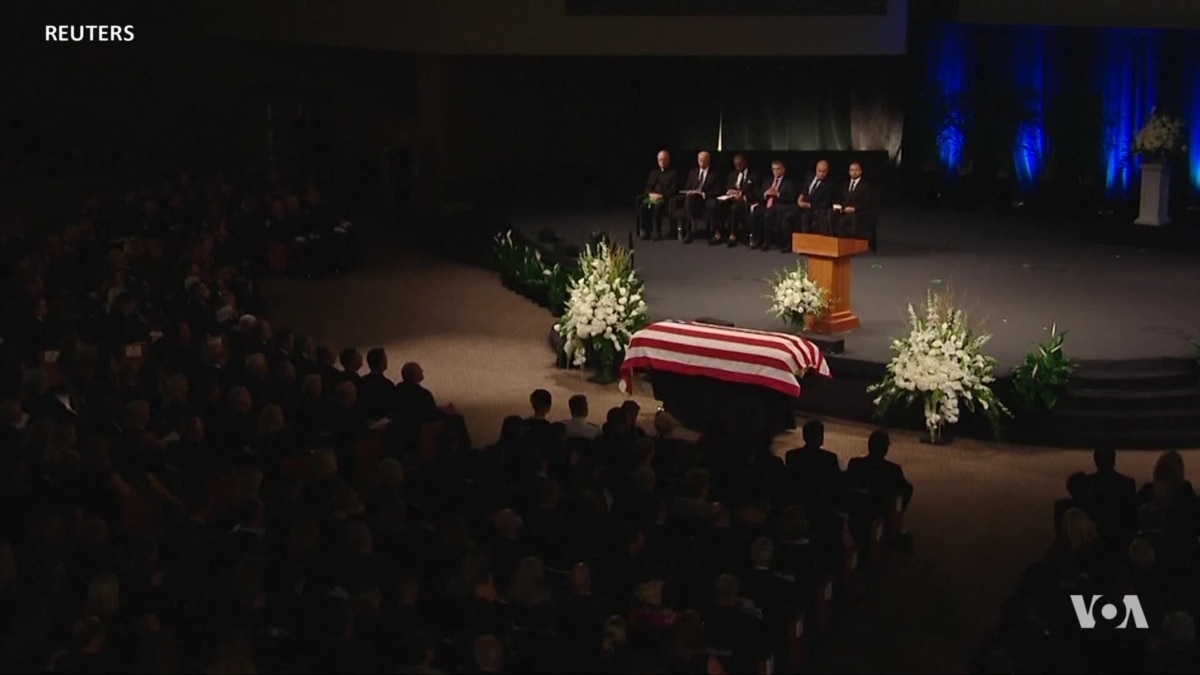
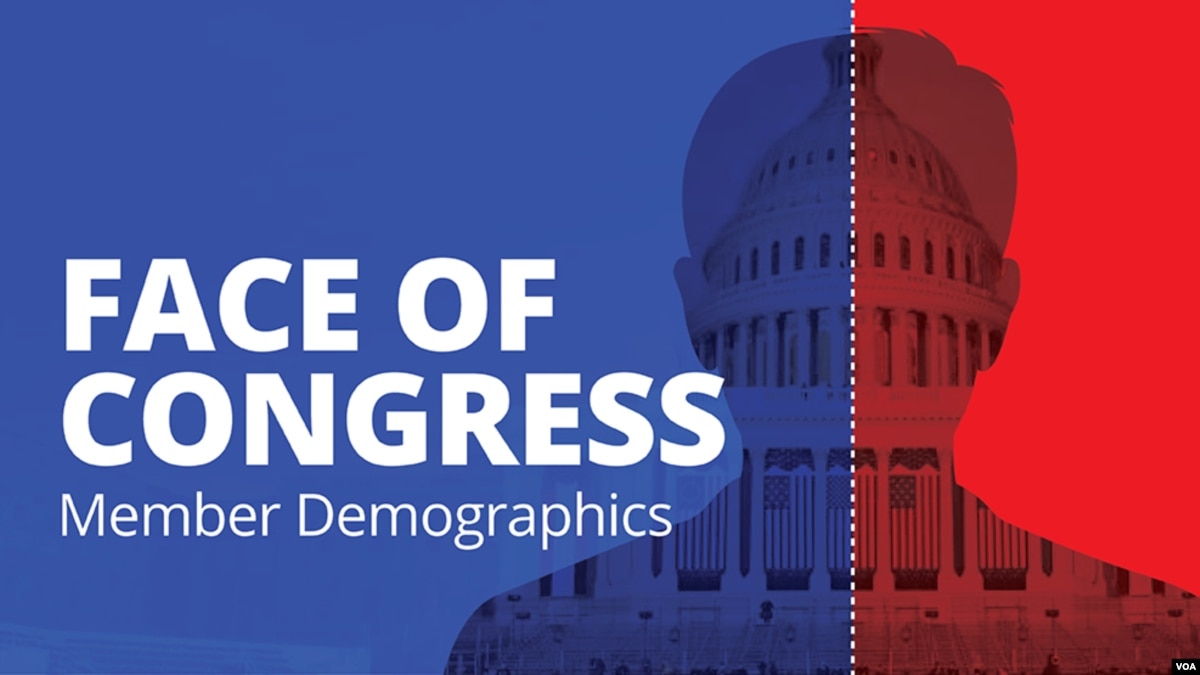



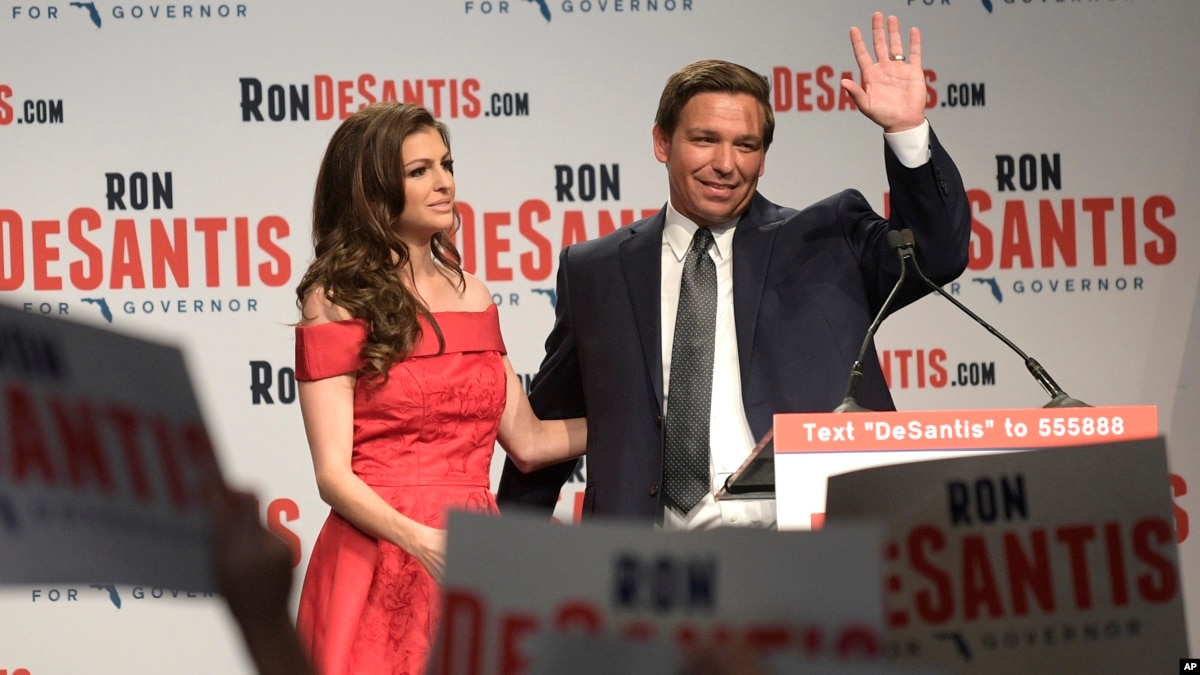
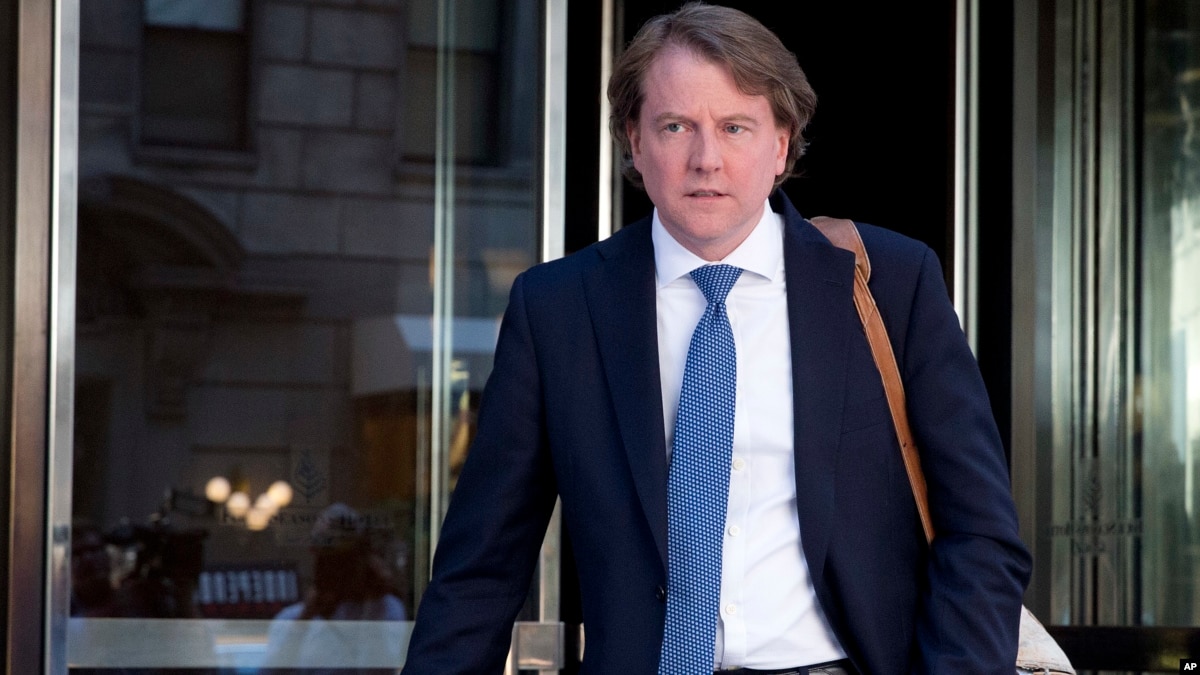
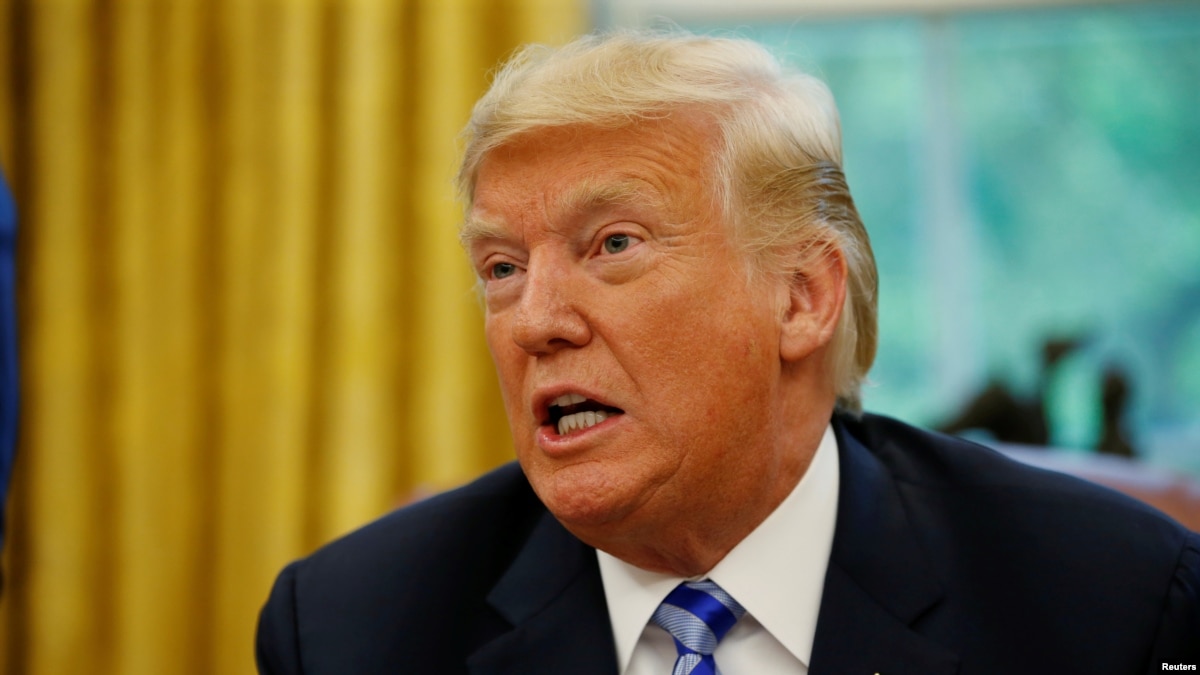
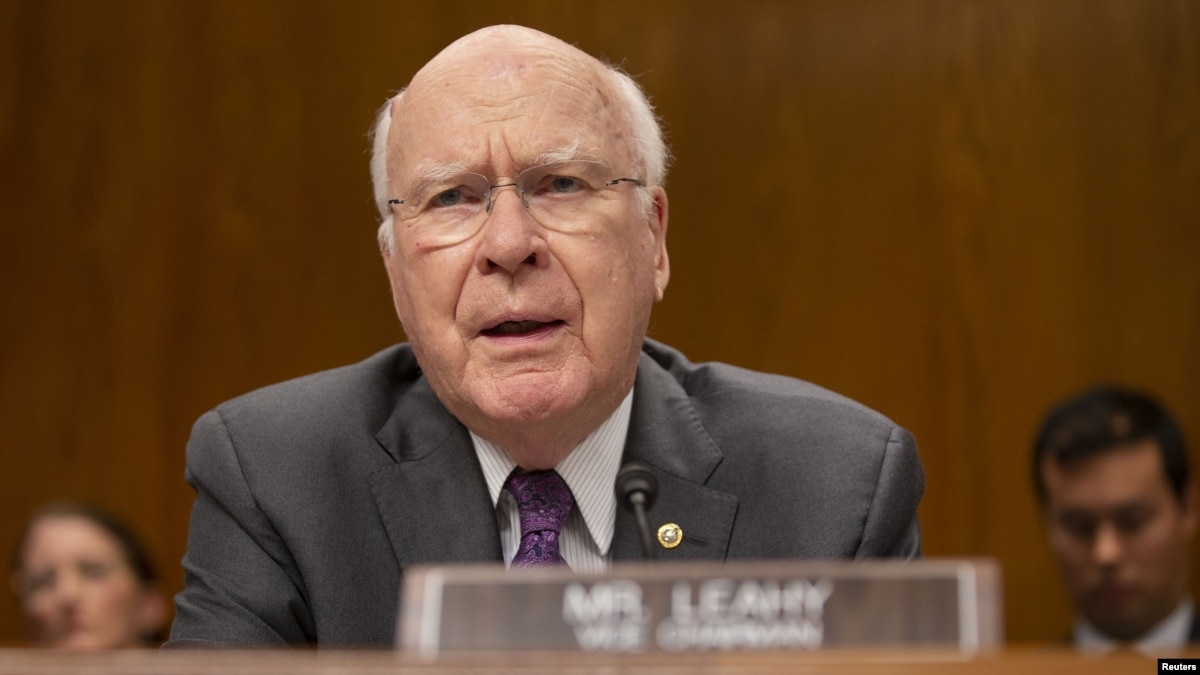
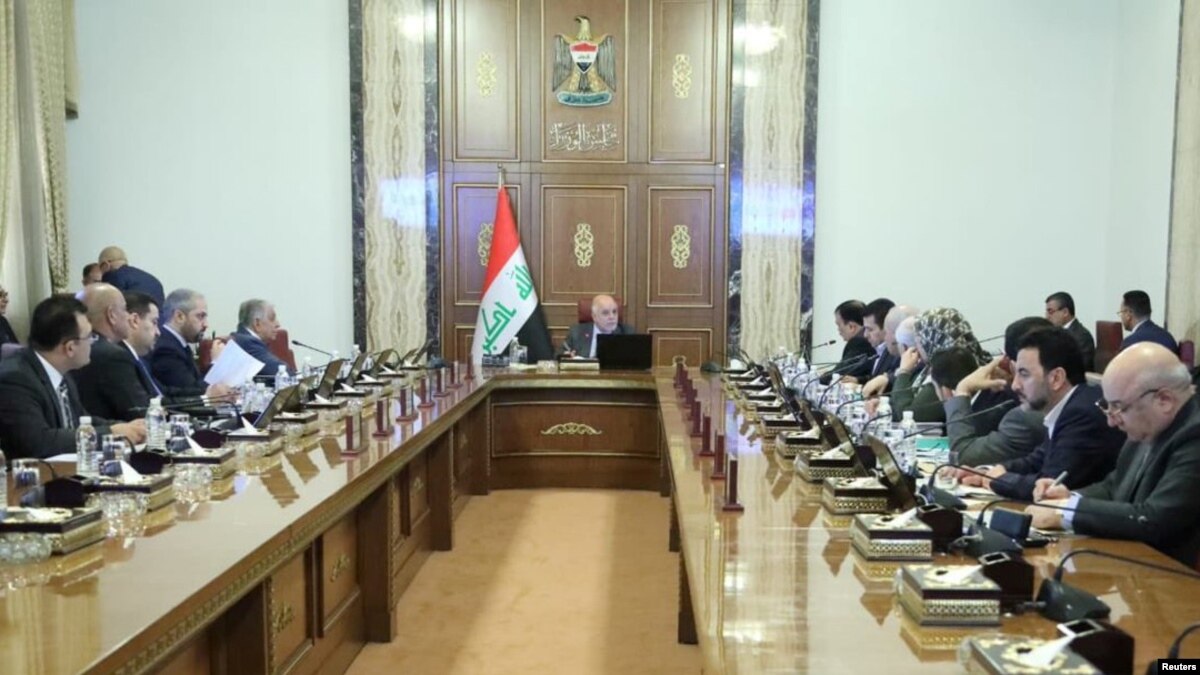
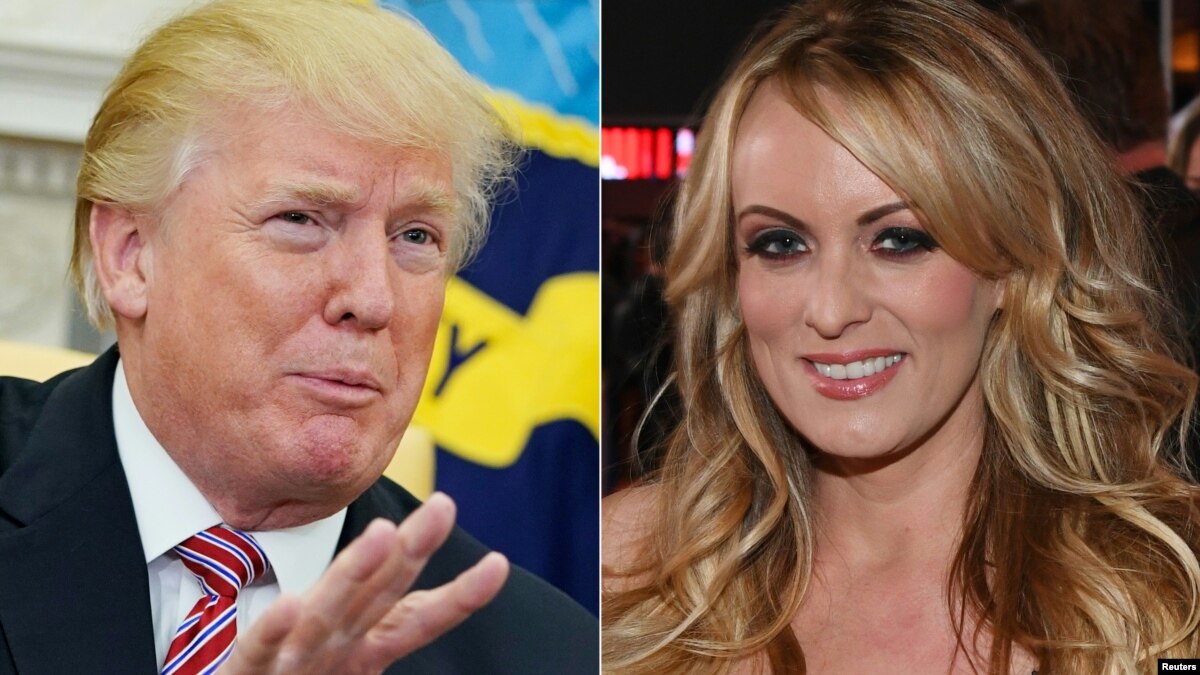
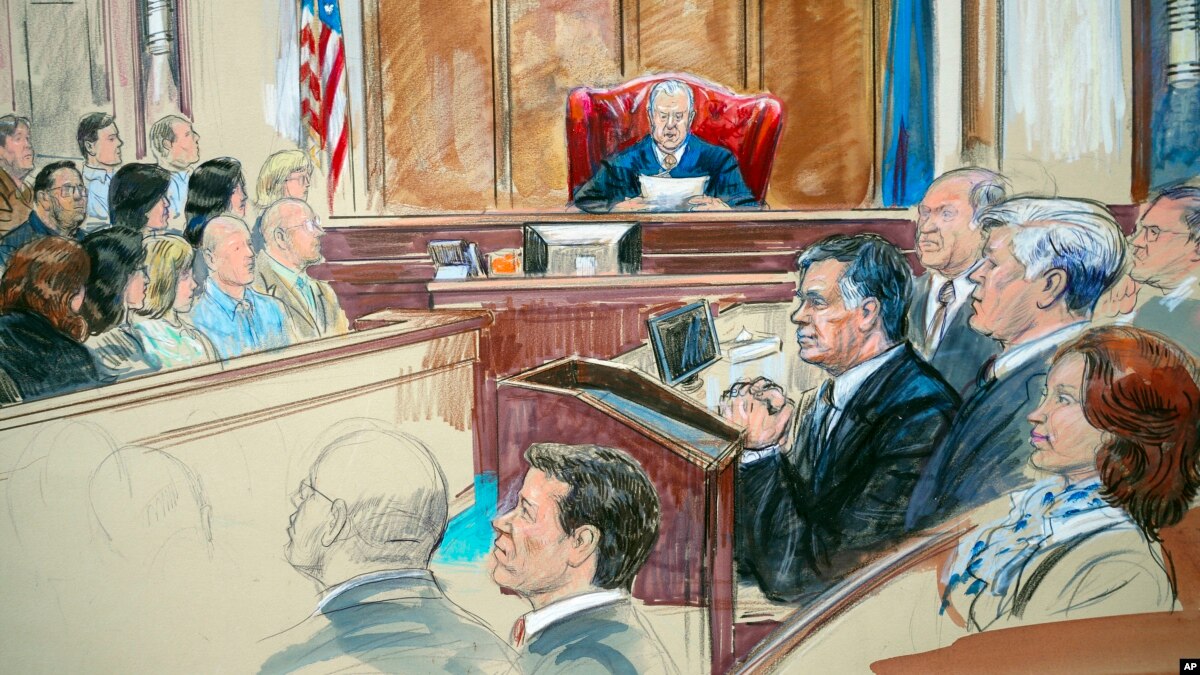
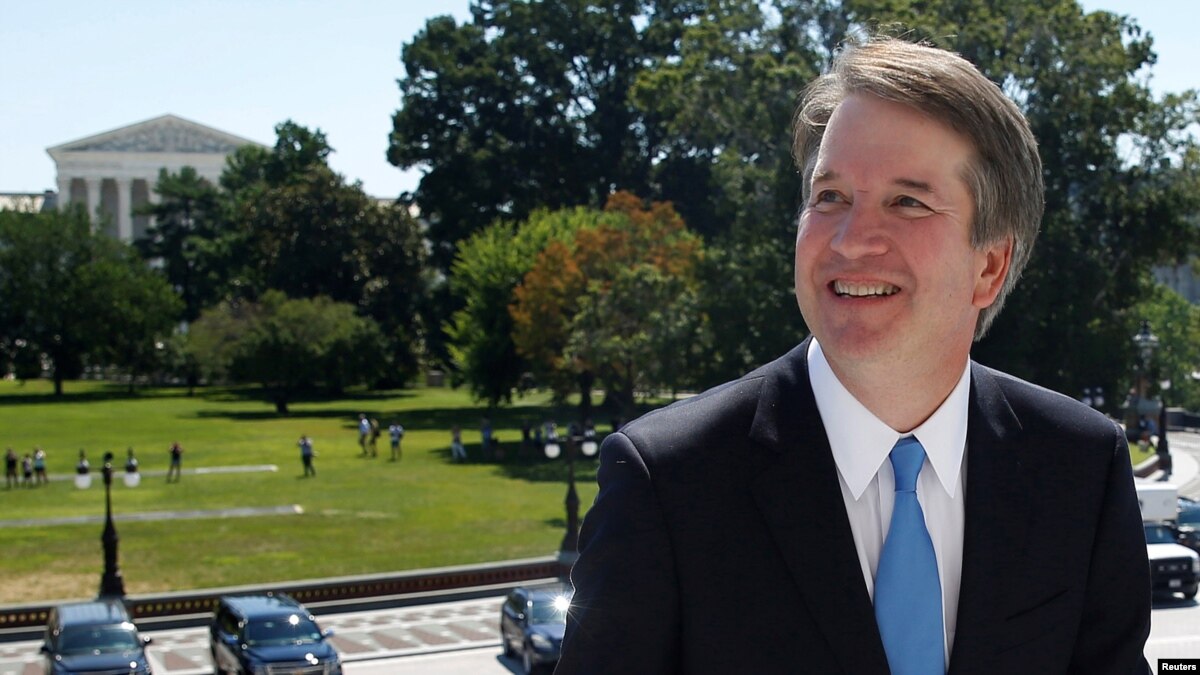



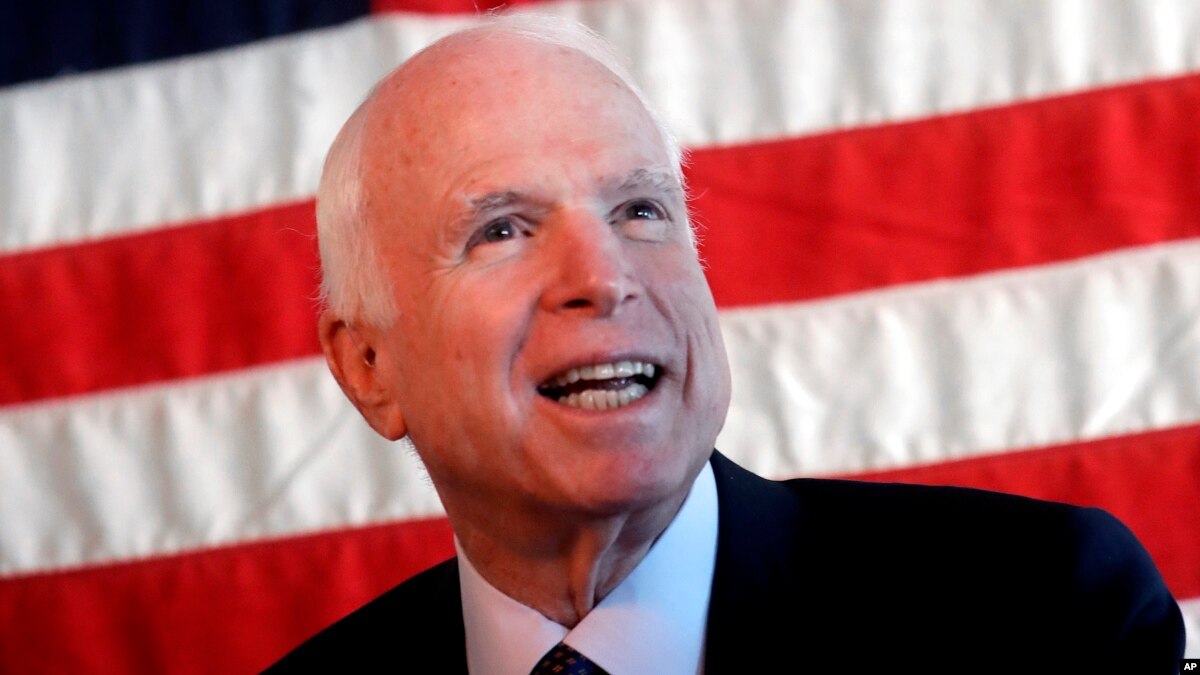
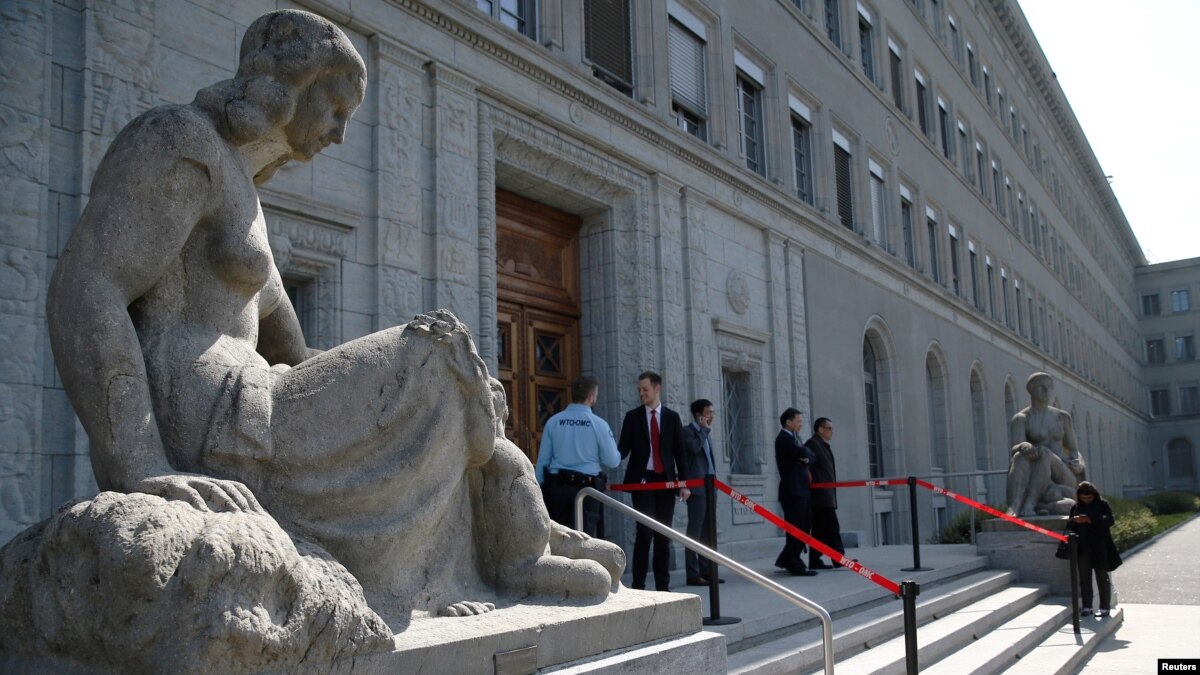

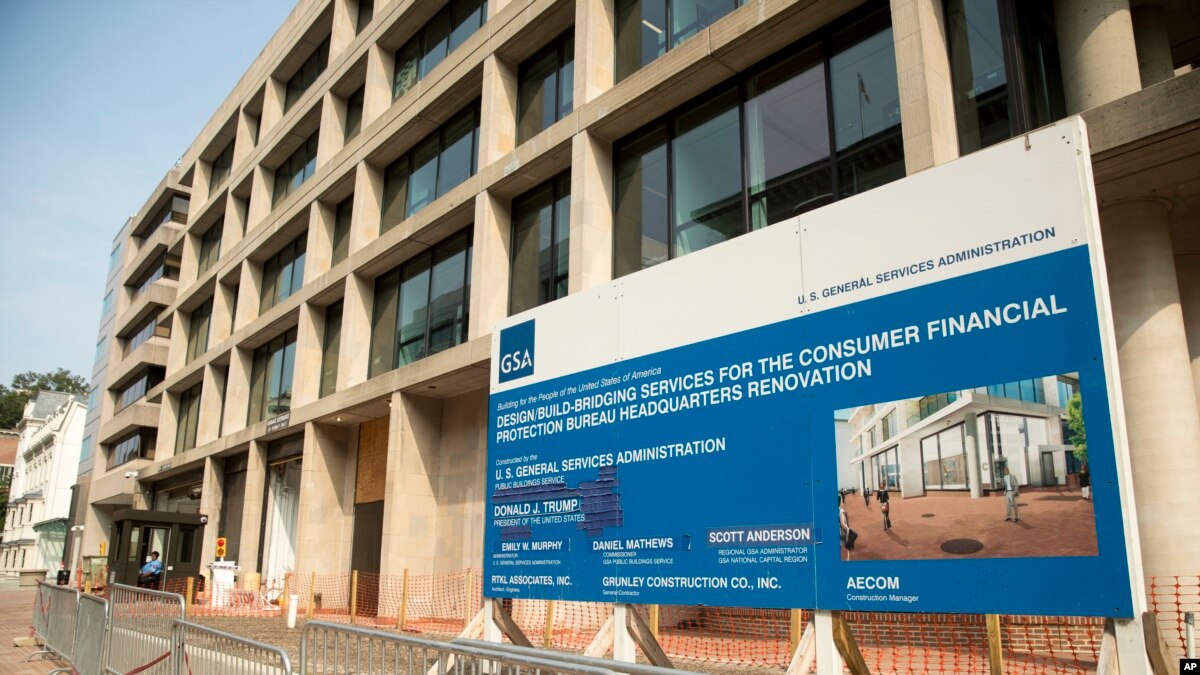
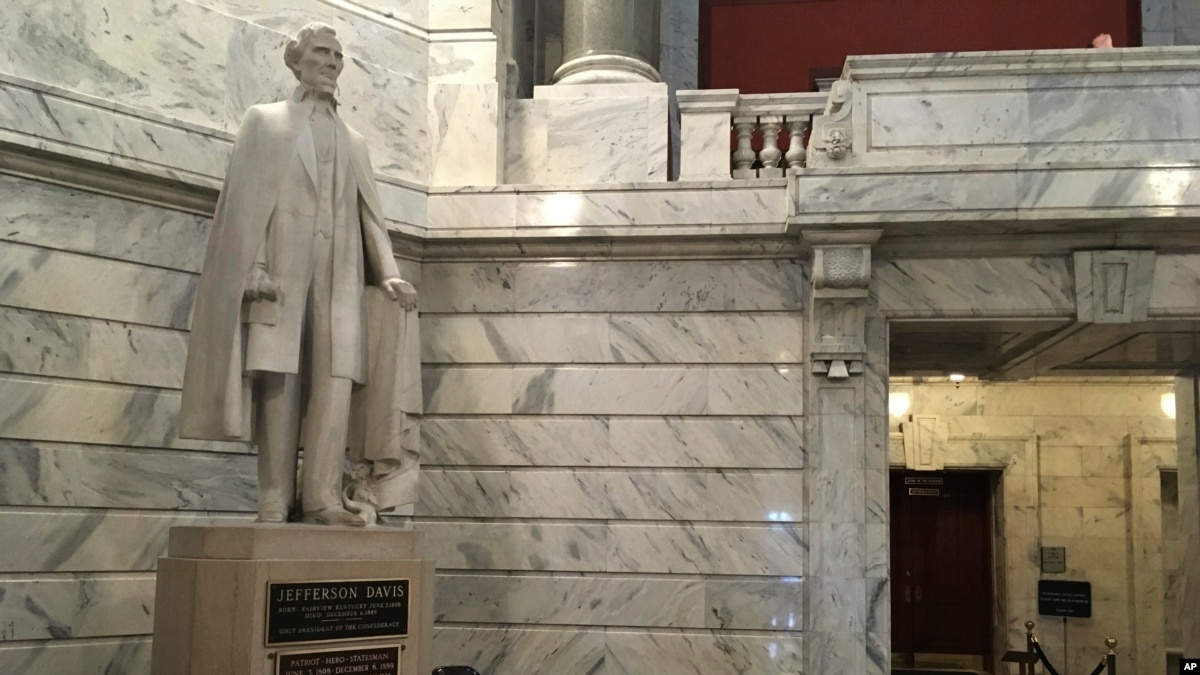
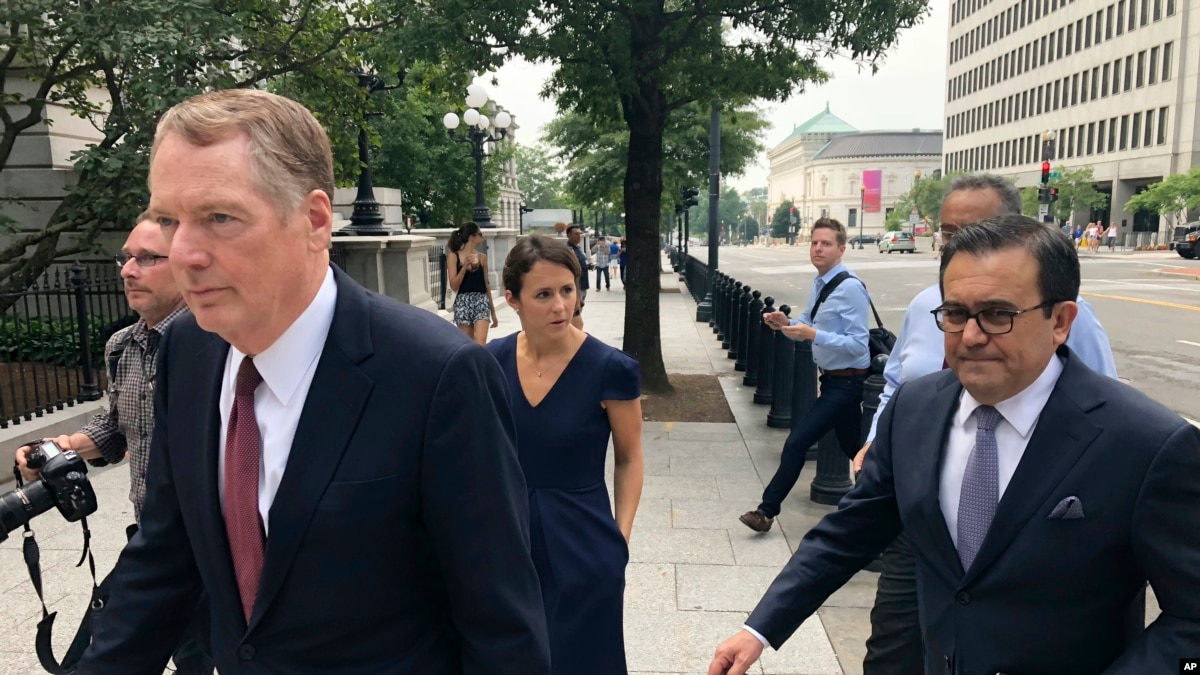
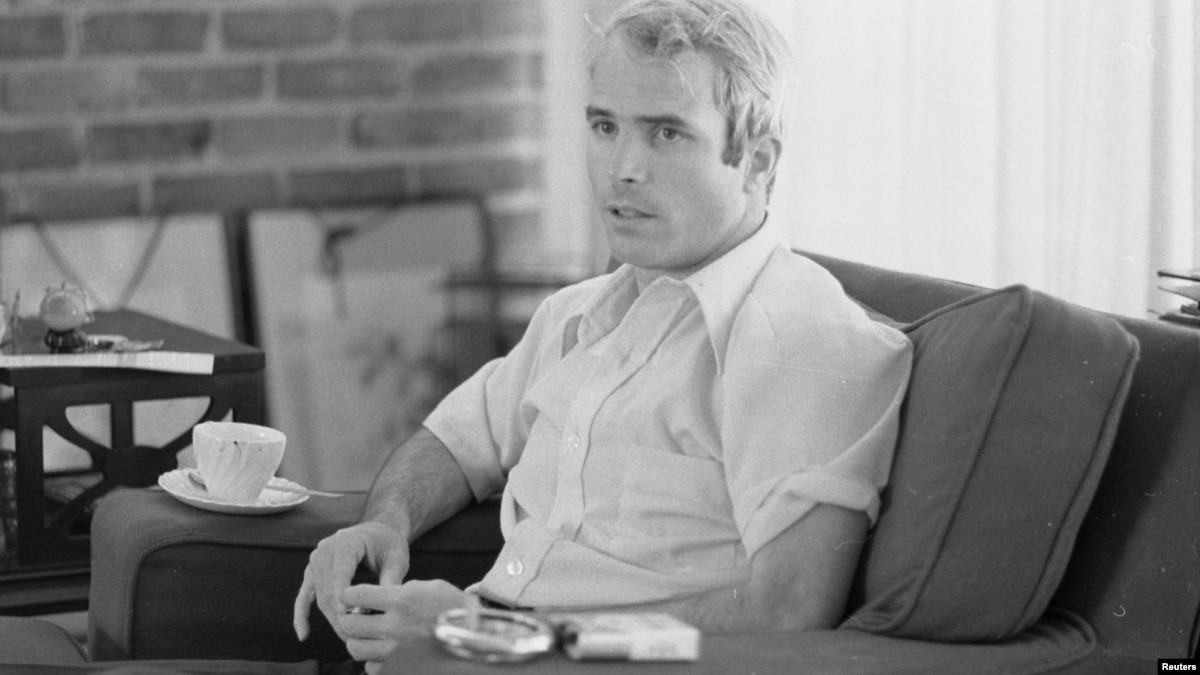
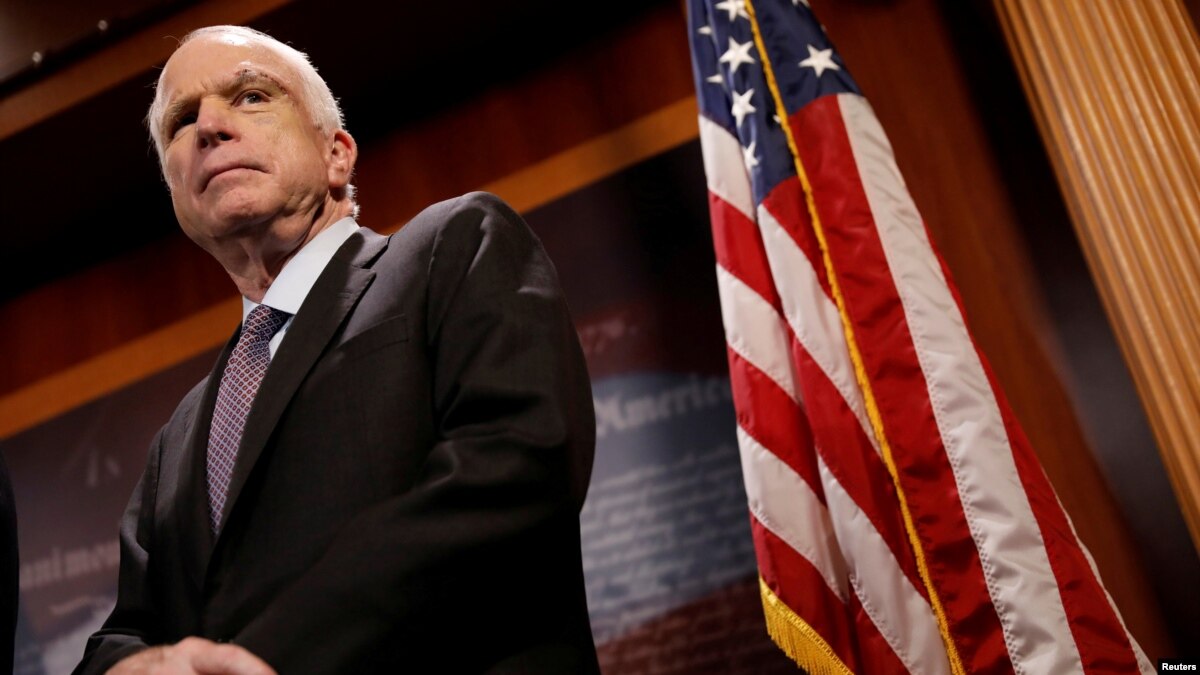
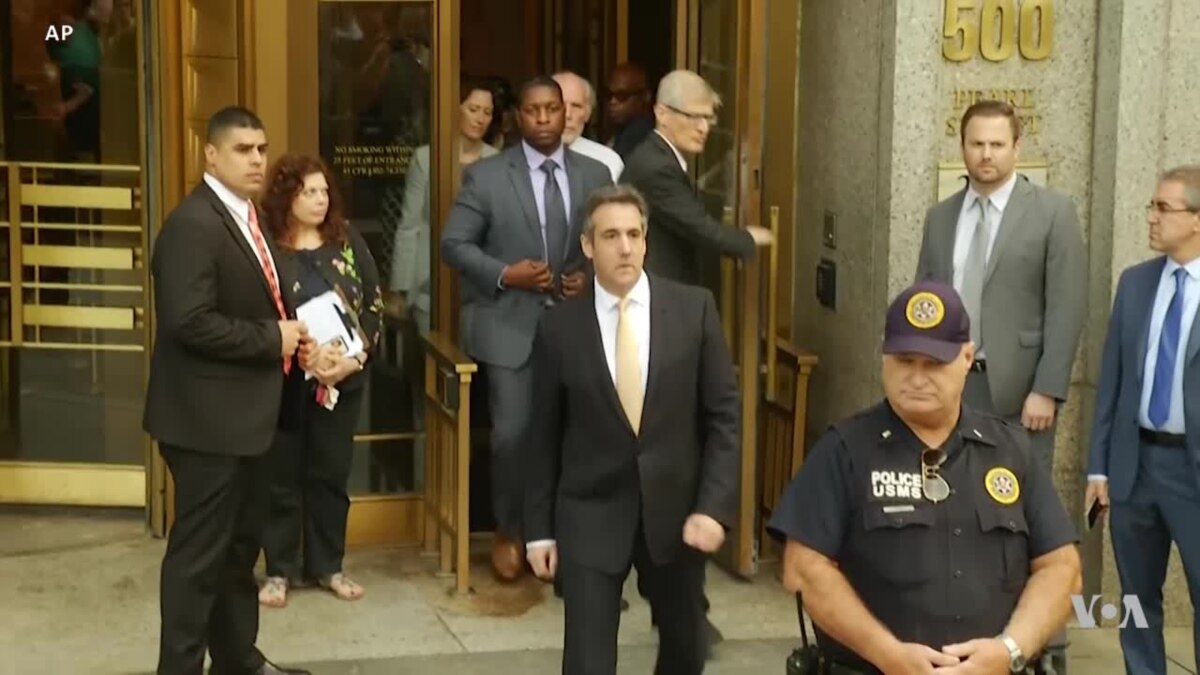

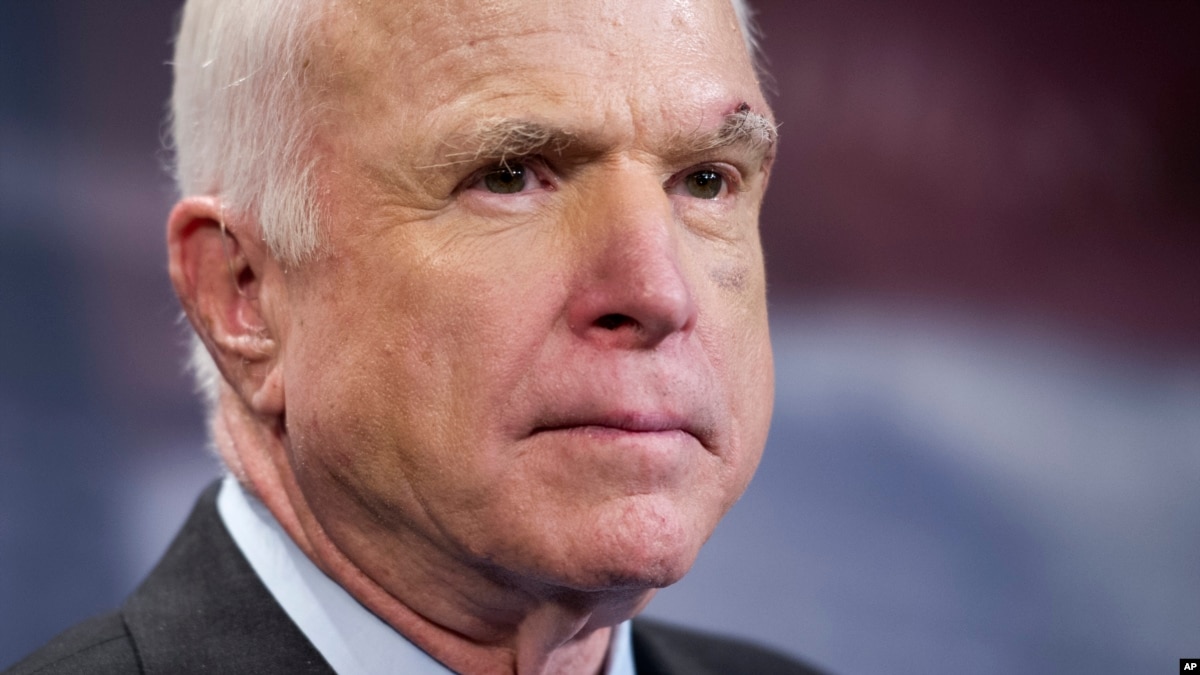
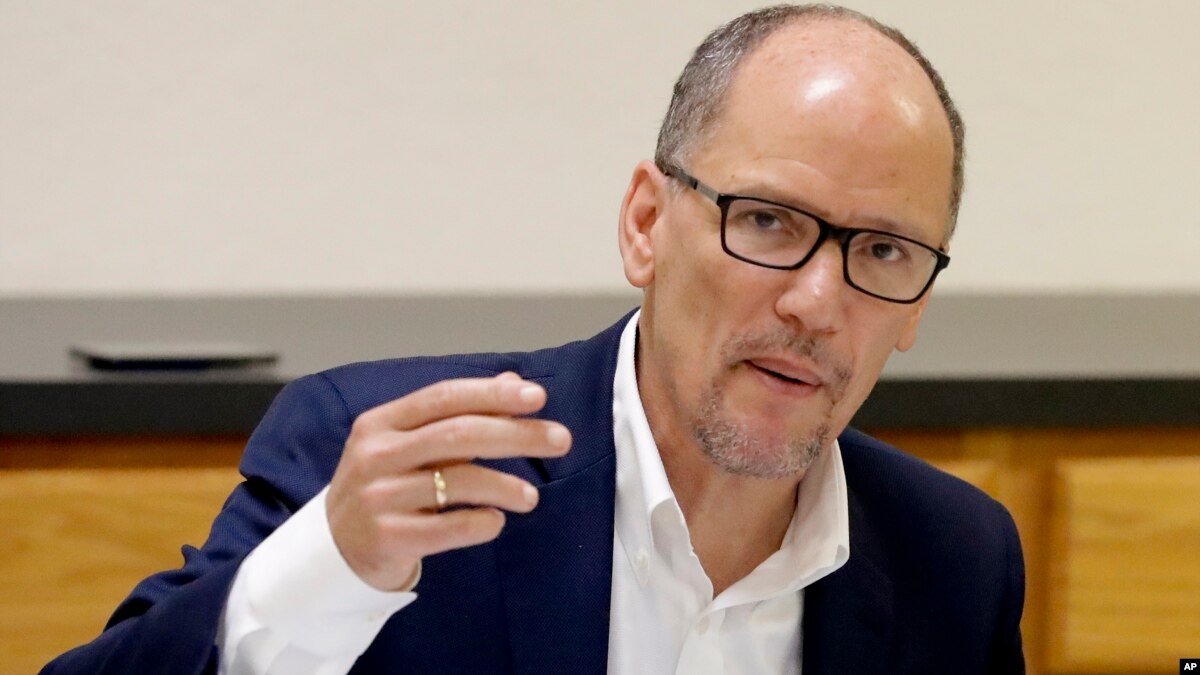
/cloudfront-us-east-1.images.arcpublishing.com/bostonglobe/VNG7YMZTRWJ5WBFTJ5NVETPCQI.jpg)